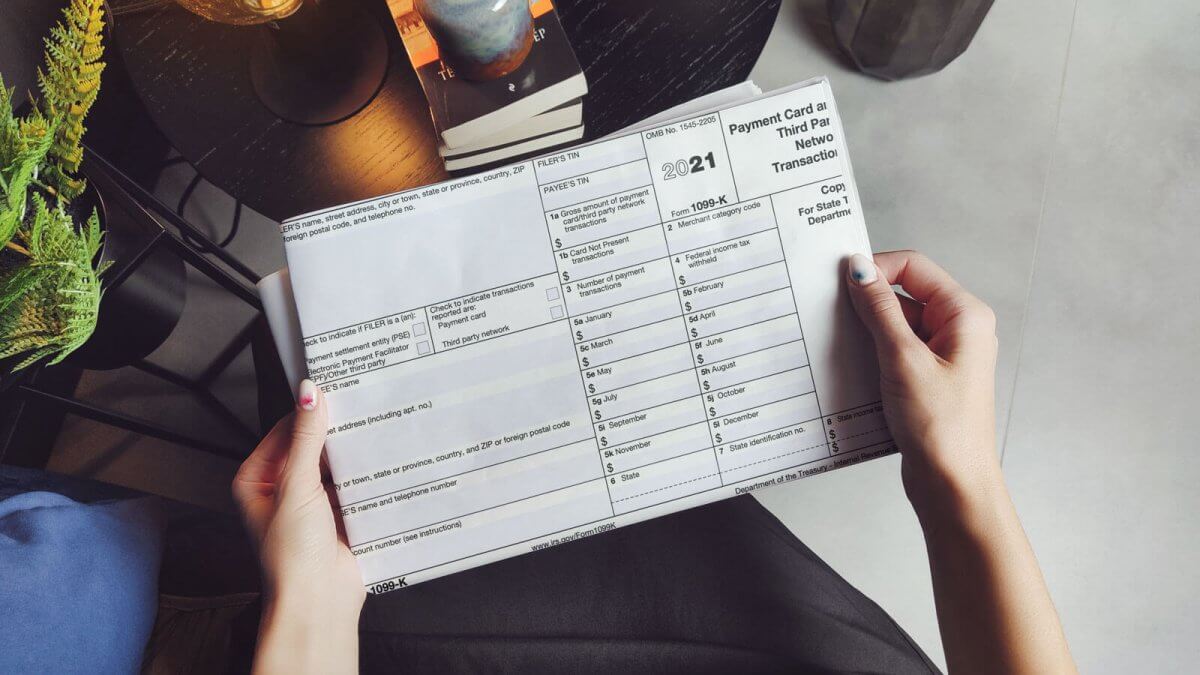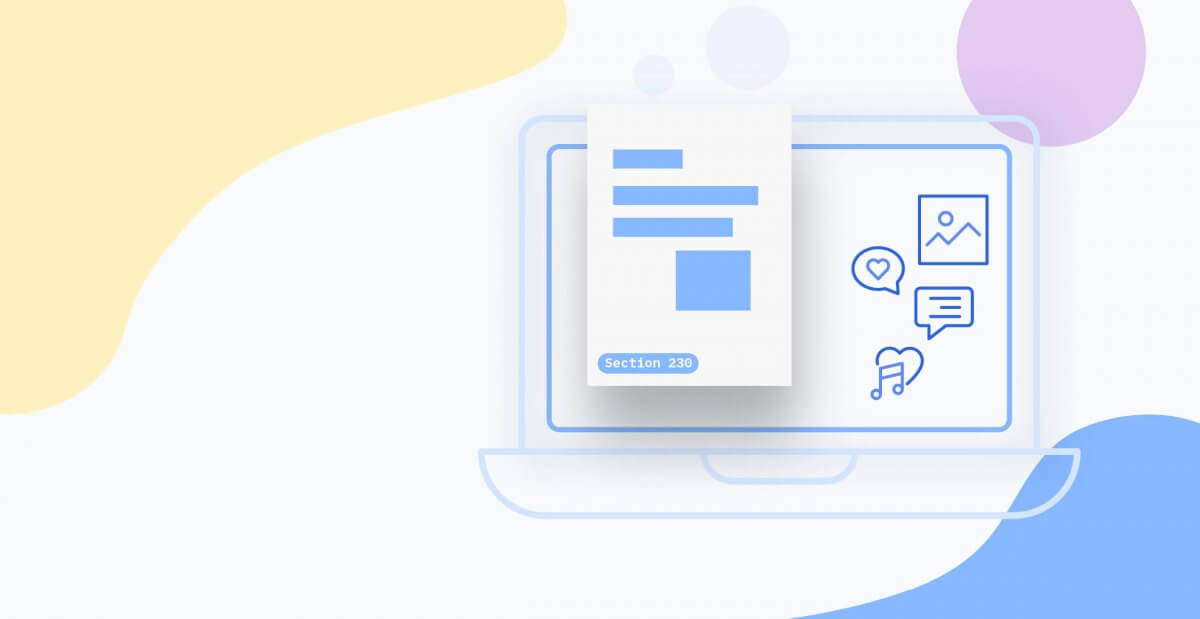All Americans should have consistent privacy protections across all industries, regardless of where they are located throughout the U.S. While we recognize the importance of state legislators meeting the needs of their specific constituents, it is very important for businesses and consumers, to have rules that harmonize across state lines and that can be addressed by one compliance plan and one set of consistent consumer rights.
Both of Florida’s House and Senate privacy bills have attempted to protect consumer’s personal information, but they have missed the mark, and will negatively impact local businesses with needless additional expenses for measures that fail to deliver meaningful privacy protections to consumers. Florida House Bill 969 (HB 969) and Senate Bill 1734 (SB 1734) will have adverse consequences on the state’s businesses and consumers alike if adopted.
High Compliance Costs
- Both SB 1734 and HB 969 would levy massive compliance costs that could gut Florida businesses, especially small businesses already made vulnerable by the impact of the COVID-19 pandemic.
- Florida TaxWatch estimates the initial compliance costs of the Florida SB 1734 privacy legislation to be around $36.5 billion, costing businesses with less than 20 employees $20.5 billion in initial compliance alone.
- While global enterprises may be able to weather these costs, it is small and mid-sized businesses who will shutter under their weight.
- As businesses struggle to comply with rising costs, they will likely have to cut jobs and increase the price of goods and services for consumers.
Private Right to Action
- HB 969 includes a private right to action (PRA). Studies have shown that a PRA is an ineffective mechanism for addressing privacy concerns.
- Frequently class action lawsuits end up benefiting the plaintiffs’ attorneys rather than the consumers.
- Litigation is extremely expensive for both businesses and consumers, and inevitably impacts business resources for innovation and job creation.
- Following the enactment of the California Consumer Privacy Act (CCPA) which includes a narrow PRA, around 76 lawsuits were filed.However, over half of the suits stated claims that were outside of the PRA’s scope, which clog the courts with suits that are not permitted.
Closed Door Process
- Lawmakers failed to engage with business groups during the drafting of HB 969. Without this necessary analysis, the interests of businesses that contribute heavily to the Florida economy are being ignored.
- SB 1734 was only filed on February 25, 2021, giving stakeholders little time for feedback on the legislation. A bill dealing with the complexities around data privacy needs input and consideration from every affected party.
- Lawmakers must work with business groups to adopt regulations that allow businesses to succeed while simultaneously protecting consumers’ privacy.
- Without the business community and the state working in tandem, any proposed legislation will discount serious economic implications.
IA urges Florida lawmakers to consider the disastrous effects that ill-considered data privacy legislation could have and vote no on HB 969 and SB 1734. Instead, we would look forward to working with lawmakers to find clear and thoughtful solutions that will be equitable to all.










